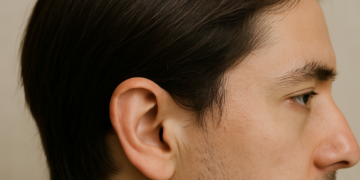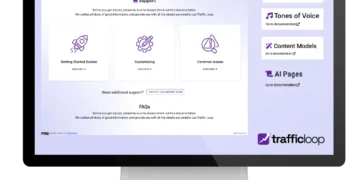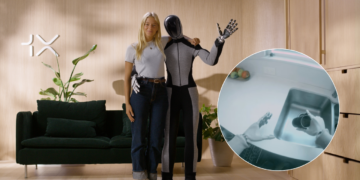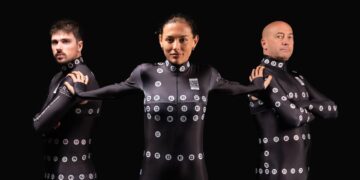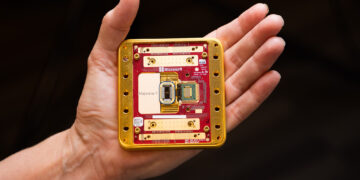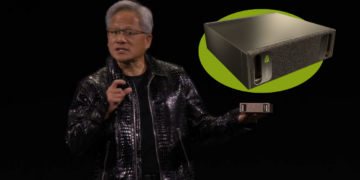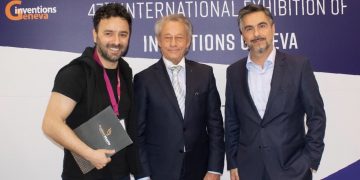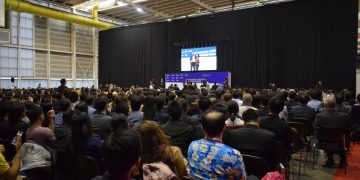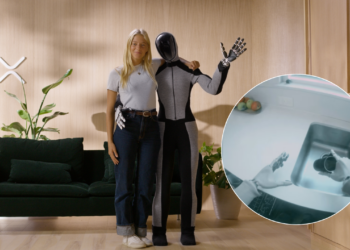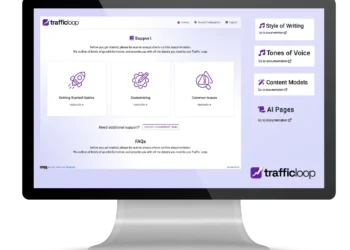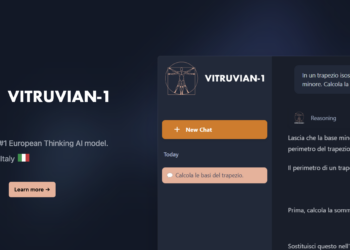Generative Pre-trained Transformer (GPT) based chatbots are revolutionizing the way we interact with artificial intelligence. These models, trained on massive amounts of text, can generate coherent and relevant responses, making them powerful tools for digital communication.
Chat GPT was developed by OpenAI, an American company founded in 2015, with the aim of ensuring that artificial general intelligence benefits all of humanity. Chat GPT is just one of the company’s projects. In 2019, GPT-2 was released, the linguistic AI trained to predict the next word in a sentence and, therefore, be able to automatically translate or generate texts and responses in conversations. The next version arrives in 2020 with GPT-3, of which no one knows the source code as it has never been made public. GPT-3 is based on the transformer model, which in turn relies on learning by self-attention. Subsequently, GPT-4 was launched, which was able to guarantee greater accuracy and accept not only text but also multimedia content such as images and videos as input from the user.
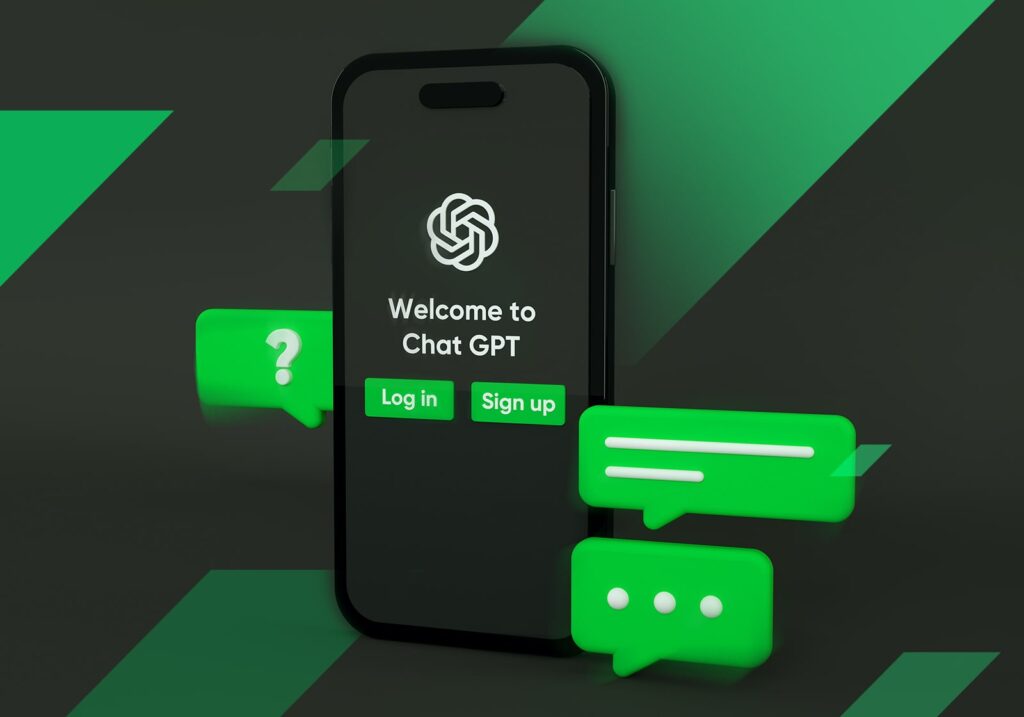
OpenAI’s latest innovation concerns the possibility, by artificial intelligence, to remember previous interactions with the individual user. In this way, the chatbot can memorize a particular aspect to be used in subsequent conversations. This function has been called “memory“. There are two ways to set it up, either by providing the AI directly with the most relevant information about you or your habits, or by letting the AI deduce that information. This feature seems very useful, but there have been concerns about user privacy. Despite this, OpenAI claims that users will have full control over what the memory feature can know. Reinforcing this security is the ability to make the AI forget about personal information that has been provided to it. This aspect, however, needs to be deepened, because it is well known that it is difficult for AI developers to delete a specific piece of information from the set of data on which an artificial intelligence model has been trained.
Written by Sara Pia Votta


